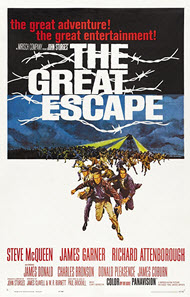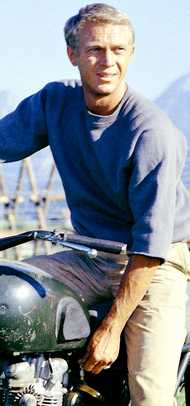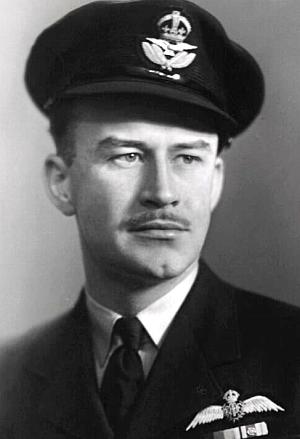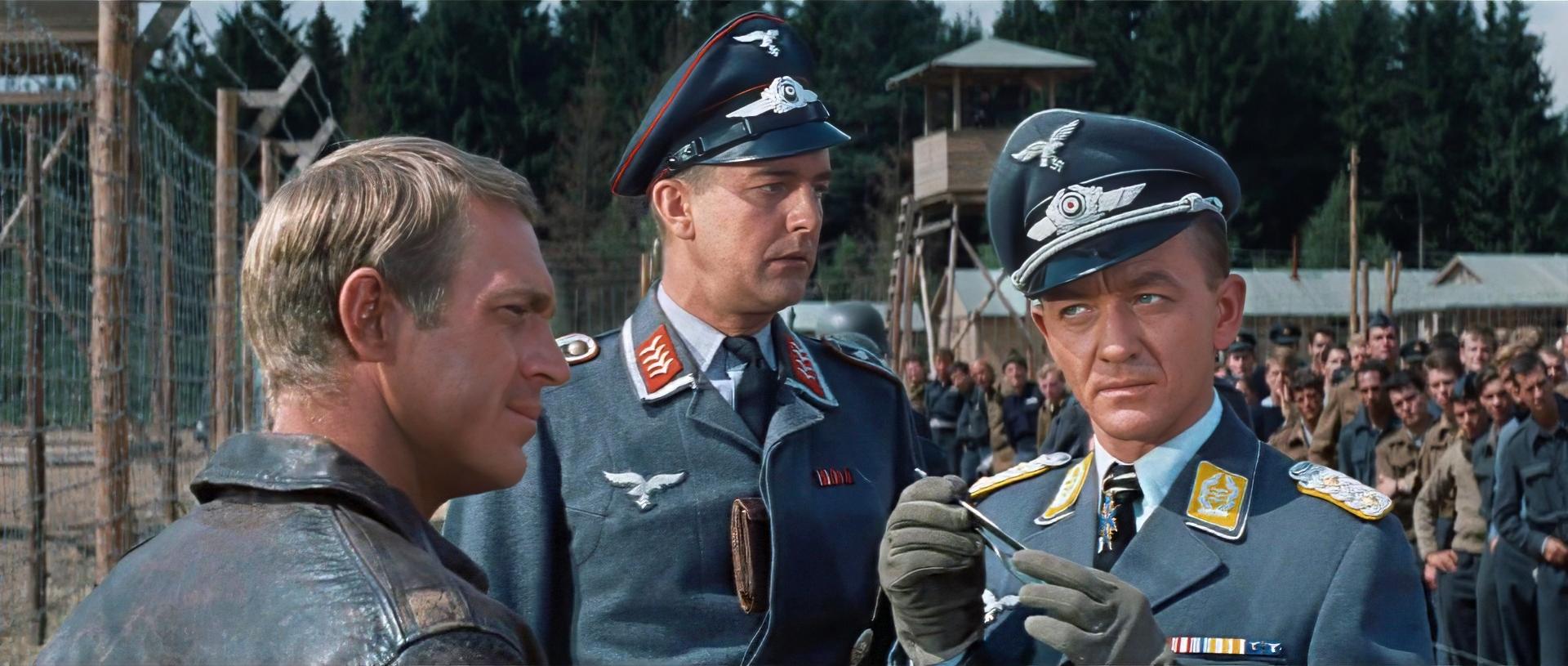The Great Escape
Reviewed by: Brett Willis
STAFF WRITER
| Moral Rating: | Better than Average |
| Moviemaking Quality: |
|
| Primary Audience: | Older Child to Adult |
| Genre: | History War Docudrama Adventure Thriller |
| Length: | 2 hr. 52 min. |
| Year of Release: | 1963 |
| USA Release: |
July 4, 1963 (wide) |




This film is based on the book THE GREAT ESCAPE by Australian fighter pilot and prisoner of war Paul Brickhill, son of journalist George Russell Brickhill. Paul died in 1991 at age 74. His life was the subject of a 2016 biography, The Hero Maker: A Biography of Paul Brickhill, by Stephen Dando-Collins and Flying into Danger: The Paul Brickhill Story by John Ramsland.
Who is Steve McQueen?
Who is James Garner?
Who is Richard Attenborough?
Who is James Coburn?
Who is Charles Bronson?
War in the Bible
What is the Biblical perspective on war? Answer
Prisons in the Bible
| Featuring |
|---|
|
Steve McQueen … Hilts ‘The Cooler King’ James Garner … Hendley ‘The Scrounger’ Richard Attenborough … Bartlett ‘Big X’ James Donald … Ramsey ‘The SBO’ Charles Bronson … Danny ‘Tunnel King’ Donald Pleasence … Blythe ‘The Forger’ James Coburn … Sedgwick ‘Manufacturer’ Hannes Messemer … Von Luger ‘The Kommandant’ David McCallum … Ashley-Pitt ‘Dispersal’ See all » |
| Director |
|
John Sturges |
| Producer |
|
The Mirisch Company John Sturges |
| Distributor |
Treated lukewarmly by critics when first released, “The Great Escape” later came to be regarded as one of the greatest WWII films ever. It’s also an enjoyable glimpse into the early careers of several major stars. Unlike the eyewitness book by former POW Paul Brickhill on which it is based, the film compresses some events and uses fictitious composite characters; but the great tunnel escape is shown pretty much as it actually happened.
A large number of escape-prone Allied Air Force officers are transferred to a new German maximum-security prison camp at Sagan—“all the rotten eggs in one basket.” The Camp Kommandant, Von Lugar (Hannes Messemer), tells senior Allied officer Ramsey (James Donald, “Bridge on the River Kwai”) that the prisoners should quit trying to escape, sit out the war and enjoy the relatively comfortable camp facilities. Ramsey reminds him that it’s an officer’s sworn duty to try to escape. “Big X” Bartlett (Sir Richard Attenborough, “Jurassic Park”), the officer in charge of coordinating escapes, has just endured three months of Gestapo/SS torture; he plans to strike back with a mass escape of 250 men.
Most of the prisoners are British (including Canadians and Australians); there are a few Americans, including Hendley (James Garner) and the authority-snubbing Hilts (Steve McQueen). A young and muscular Charles Bronson plays a Polish prisoner, Danny Velinski. The cast also includes Donald Pleasence, James Coburn and David McCallum.
The men proceed with escape plans, knowing that if they’re caught making any more escapes it could cost them their lives and it might cause command of the camp to be transferred from the regular German Air Force to the SS. We see examples of self-sacrifice: the fiercely independent Hilts agreeing to do a one-man escape and then let himself be recaptured so he can give recon information to the planners of the mass escape; Velinski digging 17 escape tunnels (including 3 massive ones in this new camp) even though he’s claustrophobic.
The ingenious methods of hiding the tunnel dirt, creating civilian clothes and forged papers, and bribing/blackmailing German guards for needed supplies (explained in the book in greater detail) are also interesting. Profanity is limited to a few occurrences of d* and h*. There are some on-screen deaths, but the scene of a mass machine-gunning of prisoners is discreetly handled off-camera. There’s some hand-to-hand fighting, not very realistic-looking by today’s standards.
Why were a certain number of recaptured prisoners killed, while others were returned to the camp? The book explains that Hitler, angered by the mass escape, originally ordered that ALL the escapees were to be shot (in violation of the Geneva Convention). When reminded by Göring of the possible fallout, he settled for “more than half of them,” and eventually a nice round number was chosen so that everyone would know it was murder, but no one could prove it (deterrence without guilt).
The first half of the film has a lot of humor, but the story as a whole is tragic. It reminds us again what kinds of sacrifices are involved in war. Both the book and the film are worth your time.
POSTSCRIPT: I’m told that there was a negative side-effect from this film, even though it’s not the film’s fault. Apparently someone decided that it would be great to start with the basic setting of the film and then exaggerate everything—make the Allied prisoners more arrogant and the German guards denser, give the camp a country-club atmosphere and make security nonexistent. Thus was created the TV comedy series “Hogan’s Heroes,” which offended a lot of people, but managed to run for 7 seasons.


The difference in life views and principles between the SS personnel and the Allied airmen is well presented and contrasted with the character of the German officers and men who respected the prisoners. Within those contrasts is a lesson for Christians to consider. How are we called to treat our enemies and who are our enemies? Seeing the willingness of so many other prisoners to help even though they themselves could not go is a vidi reminder of servanthood and sacrifice. The music, photography, and pace of the movie are top rate and even though there may be some predictability to some events, the stark drama of a “great escape” is compelling and entertaining. My personal measure for a great movie is my own desire to see it again. I watch this movie on video a couple of times each year and each time am totally aborbed in it. It continues to entertain. I highly recommend it. [Excellent! / 5]


The story revolves around a variety of British and American soldiers who try and escape a POW camp under German rule, and they do so using an elaborate plan to dig several tunnels underneath the huts they sleep in to the outdoor woods. This is a true story, wildly enough. And while the names and timeline are switched up for film purposes, the actual escape attempt and overall events are real, which adds engagement and suspense to the film on a whole ‘nother level.
There are plenty of good jailbreak movies out there. So why does The Great Escape seem to stand the test of time, even if it is based on a true story? Well, quite simply put, this movie is as lean as a well-done steak. That’s strange to say about a movie that runs for nearly 3 hours, but every scene seeks to propel the story forward. There’s the main plot, for sure, which is handled very well, but there’s also several other personal plot-lines revolving around some of the many prisoners. And all of them get you highly invested. You have Steve McQueen as Hilts, the hotshot American who provides the movie it’s comic relief while also being one of the team’s greatest assets, you have Bartlett, the dignified leader with the passion to get every prisoner out of the camp, you have Danny, the “tunnel king, ” who struggles to overcome his claustrophobia when the tunnel digging reaches its most intense. There are more characters the film follows, but the point is you care about each and every one of them, which makes the overall mission that much more riveting even with all the intricate mechanics at play.
The movie is pretty light-hearted most of the time, and it’s so tightly written that the first two hours go by like a breeze. The last hour, though, I will dare not spoil, but it does take a very poignant route that will remind you that war, even if it’s not fought directly on the front lines, is a terrible thing.
Now, from a Christian perspective, The Great Escape is based on a true story, of course, so you’re witnessing a group of allies work together to rise up against a great evil, Nazi Germany. The prisoners do everything in their power to help each other out and even put their lives on the line for each other. Even Hilts, who at times expresses his concerns to only help himself, does come around to helping his fellows brothers in arms greatly. And if you haven’t seen the film before, I won’t say what happens. But the film dedicates itself to the prisoners in a way that’s honorable and bittersweet, even if a majority of the film’s runtime is somewhat campy in tone.
There isn’t that much here that’s offensive, unless you’re a small child or a highly sensitive person. The Great Escape isn’t rated. But if it were in the modern day, it would most likely come back with a PG for “violence, language, and smoking.” There is some violence that can be quite intense, and even disturbing, for young viewers. But it’s handled quite tastefully and nothing is gratuitous nor graphic. Language is present, but also pretty mild with only a light scattering of words like “d*mn, ” “h*ll, ” “bloody, ” and instances of God’s name that could be taken as a misuse (“for God’s sake, ” “what in God’s name”). There is also periodic smoking and some drinking in one scene where the prisoners celebrate the 4th of July with moonshine.
Bottom line, if you’re trying to watch something with young children, The Great Escape does warrant some minor caution. But as war movies go, it’s one of the mildest out there and it shouldn’t really bother teens or adults. Regardless of your age, though, The Great Escape is an excellent cinematic experience. It’s tight, it has great characters, and it just had a plum interesting story. It’s cliche, I know, but you know what? They just don’t make films like this anymore.
My Ratings: Moral rating: Better than Average / Moviemaking quality: 5